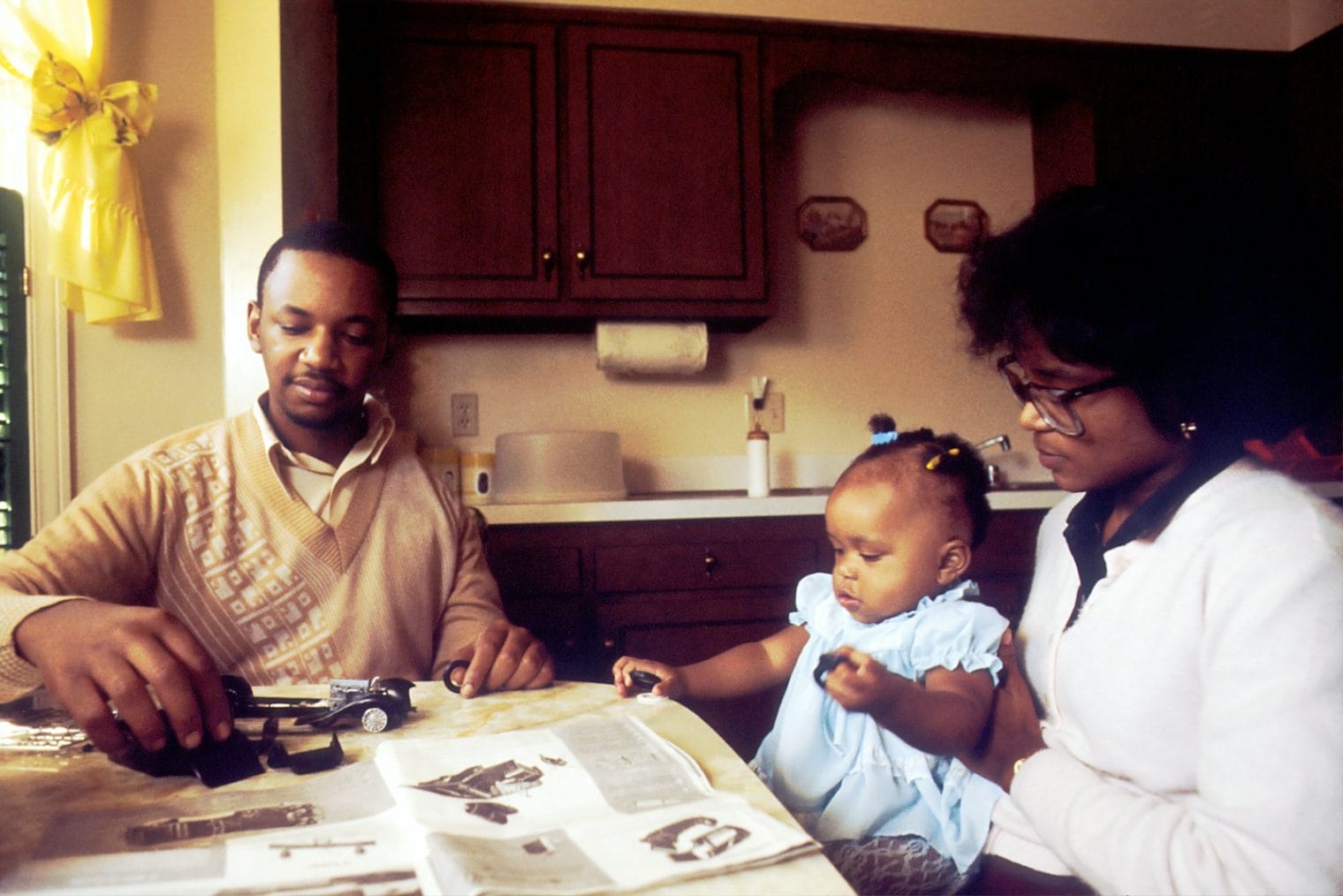Social-emotional and behavioral health services are not widely available to the general public, and there is a critical shortage of behavioral healthcare providers. For example, as it stands, the behavioral health workforce needs to double in order to serve autistic children in need. People with low income, Asians, Pacific Islanders, BIPOC, and those living in rural areas are more likely to experience additional barriers to receiving treatment.
Educational Outcomes
When Hispanic/Latino and BIPOC children enter the school system, they are significantly more likely than white children to be referred for special education evaluations, more likely to be placed in separate classrooms or schools, and more likely to be disciplined in harsh, exclusionary ways which result in lost instructional time and increases the chances of being held back a grade, dropping out, and/or entering the justice system. Symptoms of trauma, language barriers, poor parental and family mental health can appear as behavioral and social challenges. Without a culturally sensitive lens, many students are placed in special education inappropriately in the first place, leading to poorer educational outcomes.
Provider Diversity
Rebuilding trust in health care remains an issue, particularly among racially and ethnically diverse populations. Helping families establish trust with their psychologists and behavior therapists is critical to a healthy and collaborative relationship. Trust between them relates to a refined patient experience, health outcomes, and the patient’s perception of the care they receive. Studies show that barriers to this therapeutic alliance exist, regardless of the behavioral therapists’ level of education, training, and techniques.
Can You Understand Me?
The challenge of finding providers who look like them or share their cultural experiences is significant and a barrier to care for people of color. curaJOY advocates increasing the availability of providers who speak the same language as the minorities to ensure the accuracy of evaluation, effective treatment, and efficient crisis interventions
Adverse Childhood Events (ACES)
ACEs or traumatic events (such as having a parent with a substance abuse problem, living in poverty, having an incarcerated parent, etc.), are the enemy of healthy development. Outcomes are successively poorer with each additional ACE, with 1/4 of adults having experienced 3+ ACEs: these have lasting negative effects on brain development and physical health and are associated with increased risk of addiction, injury, STIs, teen pregnancy, involvement in sex trafficking, and substance abuse disorders. The fallout of trauma costs hundreds of billions of dollars each year.

How to Level the Playing Field
Start Early – Proactive Prevention
It’s easier to build healthy children than fix broken adults. Students in preschool enrichment programs that involve and support their parents have better academic and social skills, require fewer special education services, and are less likely to be retained a grade. The prevention of ACEs protects against future criminal activity and involvement in the justice system, gang involvement, and substance abuse problems. Lack of positive support from parents, schools, peers, and the community is associated with gang affiliation, which is associated with substance use, criminal activity, and incarceration. These outcomes perpetuate cycles of oppression, violence, and poverty.
Children Lean On Their Parents’ Wellbeing
Parental mental health is of the utmost importance – the next generation literally depends on it. Feeling emotionally connected to stable, mentally healthy parents is the single most significant protective factor in children’s mental health. Nobody can pour from an empty cup: in order to break cycles of generational trauma perpetuated by unhealthy family dynamics, parents need emotional support and tools for themselves. Learning to cope with stress in healthy ways improves the quality of life for adults, and healthy adults are better able to nurture their children’s development. Research shows that learning positive parenting skills and creating a supportive and nurturing environment guards children against ACEs; the fewer ACEs experienced in childhood, the better the outcome. Teachers who use praise and positive reinforcement for prosocial behavior had reductions in disciplinary actions which disproportionately affect BIPOC.
Education, Social Emotional Development and Overall Life Outcome
The value of improving social skills early on cannot be understated. Socially competent children were significantly more likely to graduate from college and work full-time at age 25 than those with poorer social skills. Workers with a high school diploma boost their earnings by $162 per week, and a college degree adds another $112 per week. That’s an extra $8400 – $14,000 annually – life-changing money that could be used to break cycles of poverty and build generational wealth.





Leave a Reply